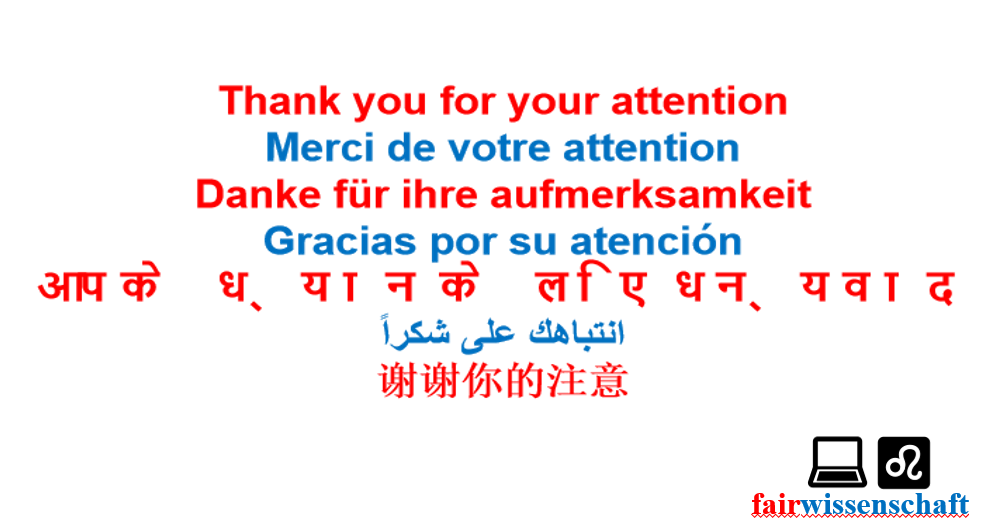fairComputerAdvanced
Title: Computer Advanced or fairComputerAdvanced
Author: Shradha Mukherjee
Location: Planet Earth
Nicknames: Shredder, a supervillain for villains and Goldy, a superhero for heroes.
Copyright © 2023 onwards fairwissenschaft and Shradha Mukherjee. All rights reserved.
Abstract: A computer advanced tutorial for using your device for knowledge work in science and humanities. The data driven or scientific method for science and humanities, consists of observation, question, hypothesis, experiment, results and conclusions. Out of these steps, question, hypothesis and conclusions are done at an individual intellectual level for which user may use tools that help with thinking such as draw and note tools, discussed also in fairComputerBasic. For the remaining phases, a complete with list of resources will be provided, namely, to facilitate observation or search phase (exploration and observation of nature, and research literature), experiment or data collection phase (list of database of datasets) and result or data analysis phase (list of software that can be used for data analysis).
For users requiring more advanced tools and functionality, Computer Advanced will cover a range of additional topics. This includes extensive tools for knowledge workers, such as advanced image, video and audio editing advanced features not demonstrated in Computer Basic introduction to these software, Python and Docker environments, JetBrains IDEs, and virtual machine environments. I will also explore SQL databases, JavaScript full-stack development, AI/ML models, NLP, LLM, and specialized fields like cheminformatics, bioinformatics, and geospatial data analysis. Python and C++ are recommended overall as go to versatile programming languages. For statistics R and R-studio are recommended. TryItOnline and FreeCodeCompiler are recommended as easy to use online coding platforms that do not require any setup on local computer and are compatible with all programming languages.
For web development XAMPP, Local WP, CodePen and JDoodle are demonstrated for HTML, PHP, CSS, SQL and wordpress sites, though the details of making a website are not covered as they are part of separate products/projects like fairMEANstack. Details of doing bioinformatics, cheminformatics and geospatial data analysis is not covered as these are part of separate product/projects like fairRNAseq, fairChemForBio and fairGeospatial. Additionally, Computer Advanced will demonstrate how to install local AI with GPU support for faster speed on Linux, using command-line and apt/deb package installs. Git version control with Gitlab, Bitbucket and Gitea will also be demonstrated — unlike Microsoft’s Github these Git version control remote repositories don’t deplatform users and cancel free speech.
Computer Basic aims to provide a solid foundation for users to get started with their devices and software setups. Computer Advanced will build upon this foundation, offering more advanced tools and techniques for power users.
Status: Coming Soon!
